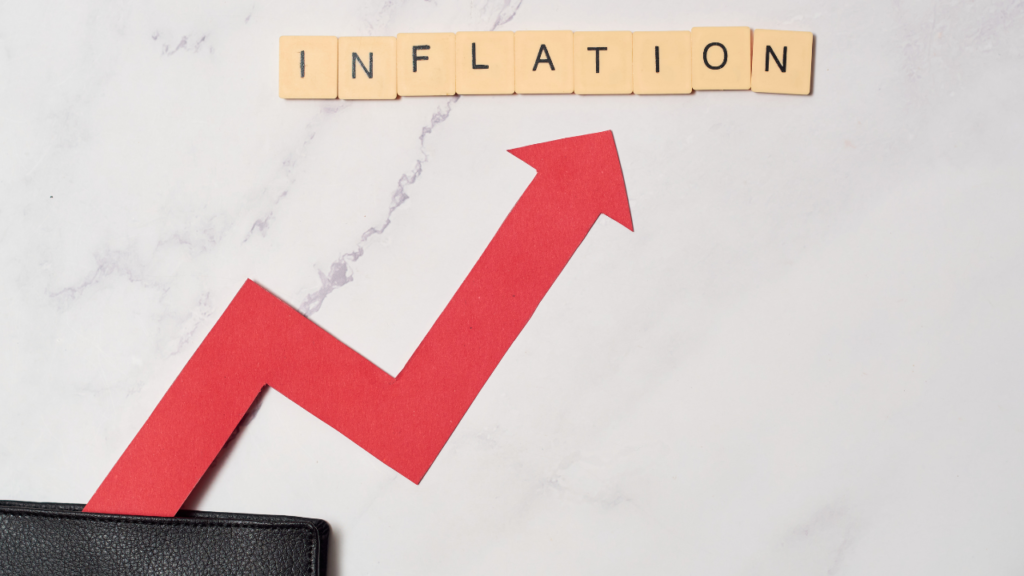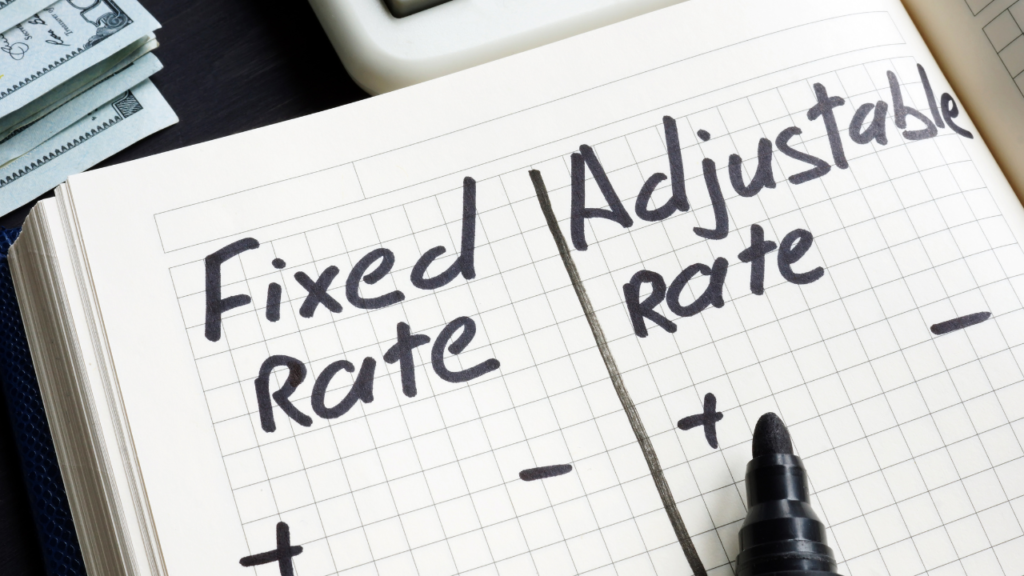
Inflation is still a contentious problem that has alienated everyone from central banks to people due to its erosion of value and depletion of savings. The vast majority of people attribute excessive inflation to external factors such as supply chain disruptions brought on by the geopolitical events surrounding us, which shook the world’s markets.
Unreasonably high prices for commodities such as oil, metals, and agricultural products have sustained inflation at dangerously high levels. Increased inflation results in wealth erosion and therefore lower real returns. To safeguard their investments, savers will need to increase their savings. The cost of loans, both new and old, will rise. Individuals’ EMI payments will rise, and overall financial expenses will rise as well.
Household spending will rise, resulting in greater expenses and an impact on budgets. Over time, inflation will gradually eat away at your cash and reduces its worth.
In a situation of high inflation, investors may find it helpful to employ the following few techniques to safeguard their assets and savings.
Reduce your DEBT:
Rising interest rates go hand in hand with rising inflation. Central banks use a range of methods to reduce inflationary pressures. One example is tightening monetary policy by raising interest rates to combat inflation.

In this circumstance, a possible approach that we could employ to mitigate the impact is to prepay a debt in reasonable sums. For instance, you might shorten the loan’s tenure or pay less interest overall by paying 5% of the entire amount owed or making prepayments in the form of an additional EMI. Your monthly payments and EMIs may be lessened overall if you make even a partial loan payback.
Avoid any further Debt:
We would be better off deferring significant spending or avoiding non-essential impulsive purchases unless absolutely required. We could save money and decrease any financial pressure if we could postpone large-value expenditures like buying a car or taking an expensive overseas vacation. This is especially true for expenses that require taking out loans and making EMI payments.
Avoiding debt reduces the financial strain on investors and allows them to contribute more to their savings using this money, which would otherwise be used to service debt.
To give further benefits, this increased savings might be wisely invested in instruments that simultaneously conserve capital and promote growth, such as mutual funds or index funds.
Floating rate loans – Try to pay them off sooner:
A central bank’s preferred method of containing inflation is to raise interest rates until the rate of inflation falls within its target range. This translates into a significant increase in interest payments on any loan where the interest rate isn’t fixed and reliant on the current market rate, which is rising.
We may deal with such a financial strain in a variety of ways. We could either pay off the floating rate loan early or, if that is not possible, combine and use debt with a fixed rate of interest, so that we can remove variable rate loans. By doing this, we can protect ourselves from future increasing inflation and the resulting growing rate of interest that may burn a hole in our pockets.

Smaller consumer loans with floating rates are especially expensive. Paying down or transferring some of these loans might be an effective way to combat rate spikes. A loan secured by property would be at least 4 to 5% less expensive than a personal loan, vehicle loan, or credit card loan.
Be Prepared for Emergencies:
Having a safety net is essential in an environment of rising inflation, particularly if you have fixed payments like an EMI. By doing this, you may make sure that you won’t have to borrow money or sell assets in order to handle any unplanned financial emergencies.
As a general rule, save four to six months’ worth of income, primarily in the form of liquid funds, low-risk bond index funds, or any similar instrument that could serve as a backup in the case of an unforeseen event that would interrupt your current income stream or result in unanticipated expenses due to rising interest rates and inflation.
Save more every year:
Consider increasing your savings if you are currently in the habit of setting away money on a regular basis. A 5% to 10% increase in savings every year might help you to cover expenses and other concerns that may arise in the future owing to rising living costs or additional responsibilities brought on by rising interest rates.
An incremental saving rate is necessary to keep up with inflation and handle any future commitments. Whether you are saving for retirement, investing in equities funds, or putting money in fixed deposits, a little increase in your savings of 5% to 10% every year can function as a cushion against unpredictability and can considerably enhance your financial condition in the future.
Invest in Equities:

The best method for investors to beat inflation is to boost their allocation to equity on a consistent basis. Equity markets beat interest rates and inflation over the long run, which is a widely known phenomenon.
As direct exposure to equities (such as investing in individual stocks) is always a risky affair, we can invest in mutual funds, especially blue-chip funds, large-cap funds, or index funds that invest in reliable and liquid blue-chip businesses. Investing in a high-quality, well-diversified blue-chip fund or a broader equity index fund may be advantageous to investors since they give exposure to equity markets while also helping to safeguard capital.
Instead of investing a lump sum, investors could seek for SIPs in these funds or add money to existing equities SIP that is already on-going.
Do not burn your savings:
High interest rates tend to attract investors with extremely high rate of return offers on particular investment items. However, these enticements may be dangerous and can lead to wealth loss. Short-term thinking, investing in high-return, high-risk items, and rapid money-making methods may be a trap.

Furthermore, investors who are enticed by large returns sometimes neglect the expenditures associated with high-return traps. These include fines for breaking a bank fixed deposit (and investing the money in the risky get-rich quick schemes), tax issues, the liquidity of the assets involved, and other annoyances.
Small liquid savings accounts and bank fixed deposits offer a reliable stream of interest income together with some protection during erratic economic times. Hence, investors would be wise to preserve their investments untouched rather than breaking their bank fixed deposits in the pursuit of a greater return in certain risky investment products or schemes.





